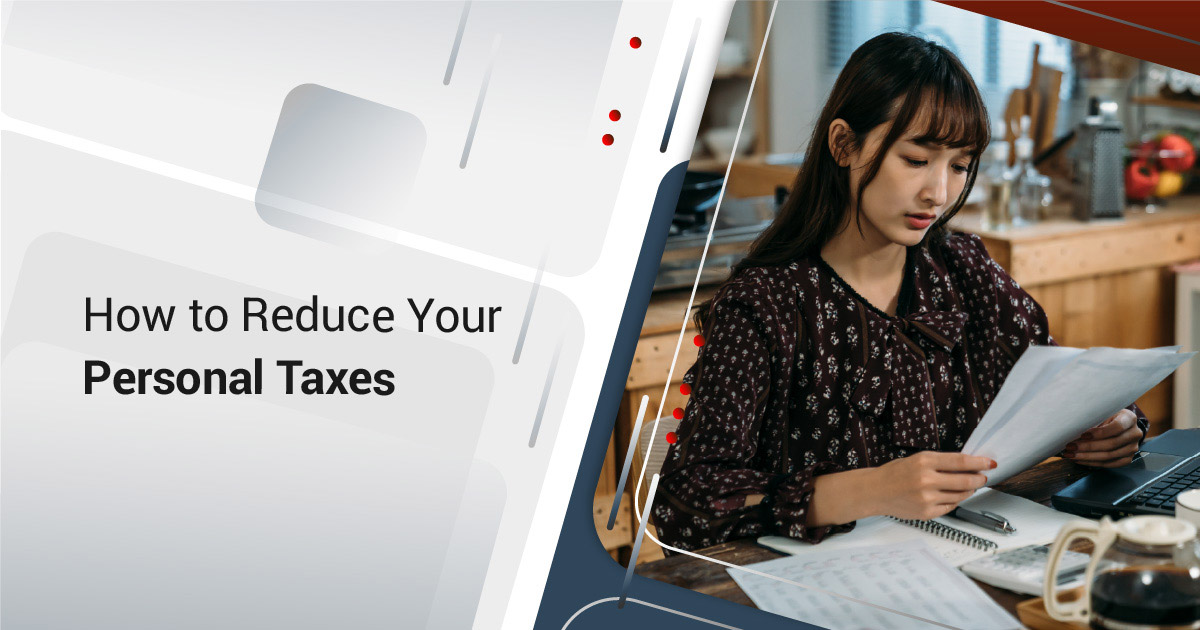
Basic Tips for Singapore Tax Residents
The dawn of another calendar year means that tax season is just around the corner. Come March, we will be required to file our income tax returns. Thus, as we settle into the new year, perhaps we should start to consider our tax strategy for Year of Assessment (YA) 2023.
In Singapore, one of the most expensive cities globally, financial management can be an important survival tool, and proper tax planning is an integral component of this.
A common misconception is that tax planning is exclusively for High Net Worth Individuals (HNWIs) with extensive assets. On the contrary, middle-class individuals stand to benefit from a good tax strategy as well. Remember, your personal tax obligations can impact your disposable income, and proper tax planning can translate to substantial savings in the long run.
To help you reduce your personal tax burden,
Singapore tax specialist InCorp provides some essential tips in this article. Please note, however, that these are all general in nature. If you have more specific questions or concerns, please get in touch with us to schedule a consultation.
Claim Applicable Tax Reliefs and Rebates
For YA 2024, Singapore’s personal tax rates are progressive, with the top marginal tax rate increasing to 23% for income between $500,000 and $1 million, and 24% for income exceeding $1 million. On top of this, the government provides some reliefs and concessions that will allow you to save on your personal taxes.
To enhance progressivity, the top marginal personal income tax rate will be raised starting from the Year of Assessment (YA) 2024. Income exceeding $500,000 up to $1 million will incur a tax rate of 23%, and income surpassing $1 million will be subject to a tax rate of 24%, both representing an increase from the existing rate of 22%.
Tax reliefs, or standard tax deductions against your assessable income, are given in recognition of your contributions to areas that align with the government’s social policies. For example, certain concessions are available to support parenthood and family formation, care for aged parents, upgrade professional skills, and more. All are subject to certain conditions
Find out what forms of relief apply to you, and you’ll be surprised at how much you can save.
Contribute to SRS (Supplementary Retirement Scheme)
The Supplementary Retirement Scheme (SRS) is a voluntary government-managed program that allows individuals to save for retirement over and above their compulsory CPF. Under the SRS, you may contribute various amounts up to a certain limit. The maximum contribution allowed is $15300 per annum for Singapore citizens and permanent residents, while the cap is $35700 for foreign Singapore work visa holders.
While the SRS does not give a fixed 2.5% interest rate like the CPF, it provides attractive tax benefits. In particular, each dollar contributed to SRS can be deducted from your chargeable income. This means that your actual SRS contribution is the amount of tax relief that you can claim.
Make a Voluntary Contribution to Your Medisave Account
You are eligible for tax relief when you make a voluntary contribution to your Medisave Account on top of the compulsory CPF savings. You may claim reliefs for any income earned in the year to which you contributed.
The amount of relief allowed for voluntary Medisave contributions is limited to the
lowest of the following:
(1) Voluntary cash contributions explicitly made to the Medisave Account or
(2) Annual CPF cap less the mandatory contribution by you and your employer or
(3) For YA 2024, The prevailing Basic Healthcare Sum (BHS) is set at
$68,500 which impacts the limit on voluntary CPF Medisave contributions.
(4) For YA 2024, a personal tax rebate of 50% of tax payable, capped at $200, is available for all resident taxpayers to help ease the cost of living.
You can trim down the amount of taxes you have to pay while simultaneously saving up for your healthcare needs through this method.
Topping Up Your Loved Ones’ and Your Own CPF
The Central Provident Fund (CPF) Minimum Sum Topping-Up Scheme allows you to claim tax relief when you top-up your CPF savings. You can also claim relief if your employer makes the top-up. To qualify for the tax relief, you have to be a Singaporean Citizen/Permanent Resident.
| Cash top-ups made to |
Other Requirements/Conditions |
Self (by you and/or your employer)
- Special Account (below age 55)
- Retirement Account (above age 55)
|
Nil
For contributions below $8,000, tax relief can be as much as the top-up amount.
For contributions equal to or more than $8,000, tax relief is capped at $8,000. |
- Parents / parents-in-law
- Grandparents / Grandparents-in-law
- *Handicapped Spouse / siblings
*Handicapped due to physical or mental infirmity |
Nil
Contributions of any amount can be claimed as tax relief, capped at $8,000. |
|
|
Spouse/sibling must not have an **annual income of more than $4,000 in the year preceding the year of top-up.
**Annual income includes:
- Taxable income (trade, employment and rental)
- Tax-exempt income (bank interest, dividends and pension)
- Foreign sourced income regardless of whether it has been remitted to Singapore.
|
Make a Difference in your Taxes through Donations
Spread some goodwill by making a charitable donation and getting some tax benefits in the process. Donating is an excellent opportunity to contribute to a cause you believe in while enjoying a substantial reduction in your tax obligations.
In Singapore, donations made to any approved Institution of Public Character (IPC) or Qualifying Grant-making Philanthropic Organization are tax-deductible.
Typically, you can claim a double tax deduction (i.e. twice the amount of donation) for donations that fall under any of the following categories:
- cash donations
- shares donations
- computer donations
- artefact donations
- public art tax incentive scheme
- land and building donations
Applying For The NOR Scheme and Benefit for Years
If you qualify under the Not Ordinarily Resident (NOR) scheme, you will benefit from favorable tax treatment for 5 years of assessment (YA). To claim tax benefits under the NOR program, you must meet both of the following criteria:
- You were not in Singapore for 3 years before the year you qualified for the NOR scheme
- You are a tax resident for the YA in which you wish to qualify for the NOR scheme
You are eligible for attractive concessions if granted NOR statuses, such as time apportionment of your employment income and favorable tax treatment of contributions to overseas pension funds.
The NOR scheme has been discontinued. The final NOR status granted will be applicable from the Year of Assessment (YA) 2020 to YA 2024. Individuals who have qualified for NOR status will retain NOR tax concessions until the expiration of their NOR status, provided they continue to meet the specified conditions.
File for Deductible Expenses from Rental Property can Deduct your Taxes too
In Singapore, rental income, or income from rental property, is taxable. However, to offset your rental income tax, you can claim rental expenses under applicable conditions.
Various types of deductible expenses can be applied. Take, for example, property tax, mortgage interest, fire insurance, maintenance fees to the managing body, or general repairs and maintenance costs. As a general rule, rental expenses are deductible if they are incurred:
(1) solely to generate rental income
(2) during the period of tenancy
It Pays to Know your Tax Reliefs
The above are general tips on how to reduce your Singapore income tax burden in different ways. Understanding the multiple avenues in which you can reduce your personal taxes can really save you a good sum of money. If your tax situation is unique or
your needs are more specific than usual, consider consulting a Singapore tax specialist, InCorp. We look forward to hearing from you.
About the Author
InCorp's content team includes talented copywriters from our regional group and globally. We contribute informative, thought leadership, and market-trending articles to guide aspiring business entrepreneurs to a higher level across the Asia-Pacific region.
More on Business Blogs



